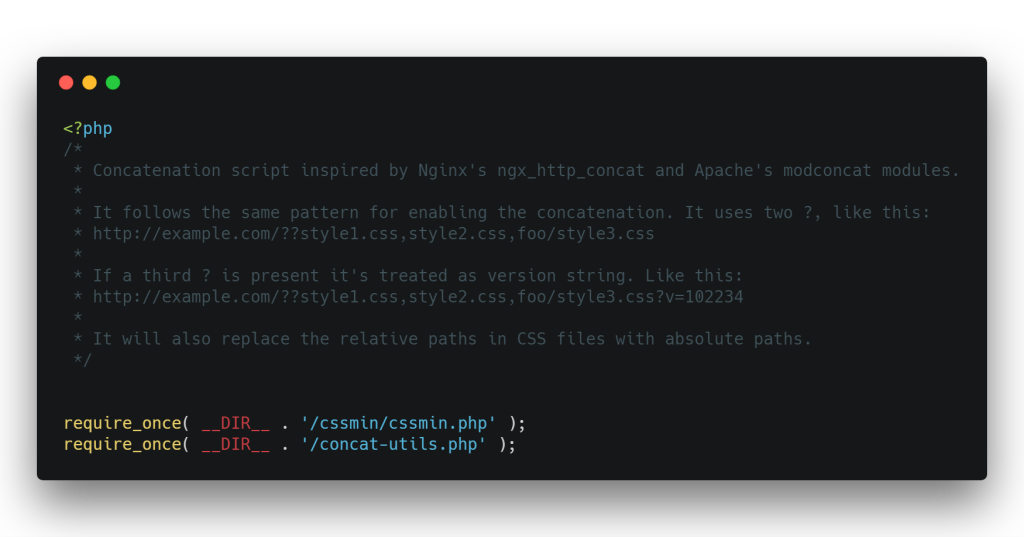Tag: site-performance
-

Bash Script: Calculate before/after 2: Calculate Harder
in Dev StuffI’ve updated my script to test URL performance during changes, measuring the Time to First Byte (TTFB). The script now records initial and subsequent TTFB to determine update impact, displaying percentage change—a helpful tool for reporting.
-

Better Caching in WordPress
in WordPressCaching data in WordPress is essential for performance. Using the Transients API is common but using the WP_Object_Cache functions can offer more flexibility, especially for scenarios like API data changes. Additionally, caching too much data can lead to inefficiencies, so optimizing cache object size can significantly improve performance.
-

CSS & JS Concatenation in WordPress
in WordPressAutomated concatenation of Javascript and CSS files in WordPress can be enhanced using the `nginx-http-concat` plugin. Even though it was designed for nginx, it can be adapted to work with Apache servers. By utilizing specific code in `wp-config.php` and `mu-plugin`, improved caching and speed can be achieved. Consider turning this setup into a dedicated plugin…


